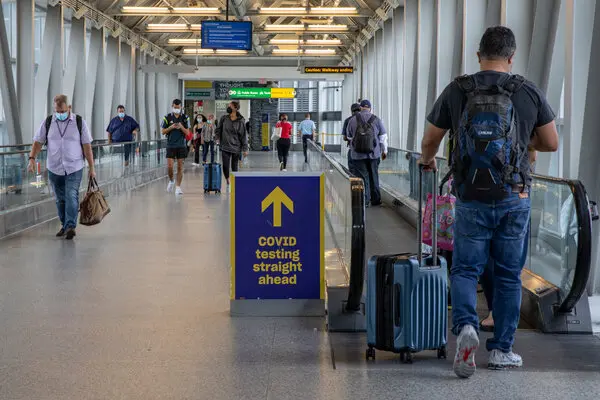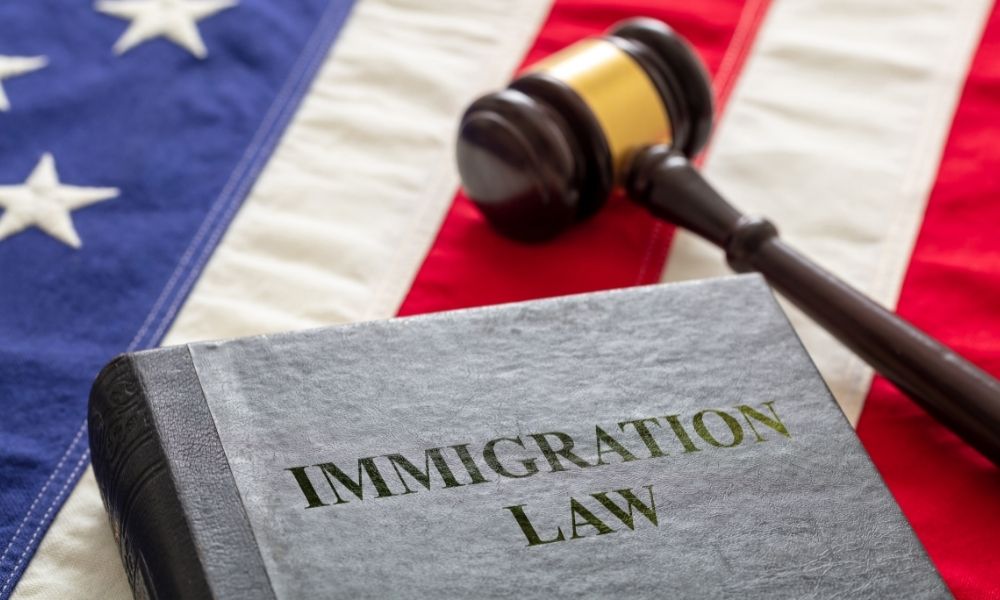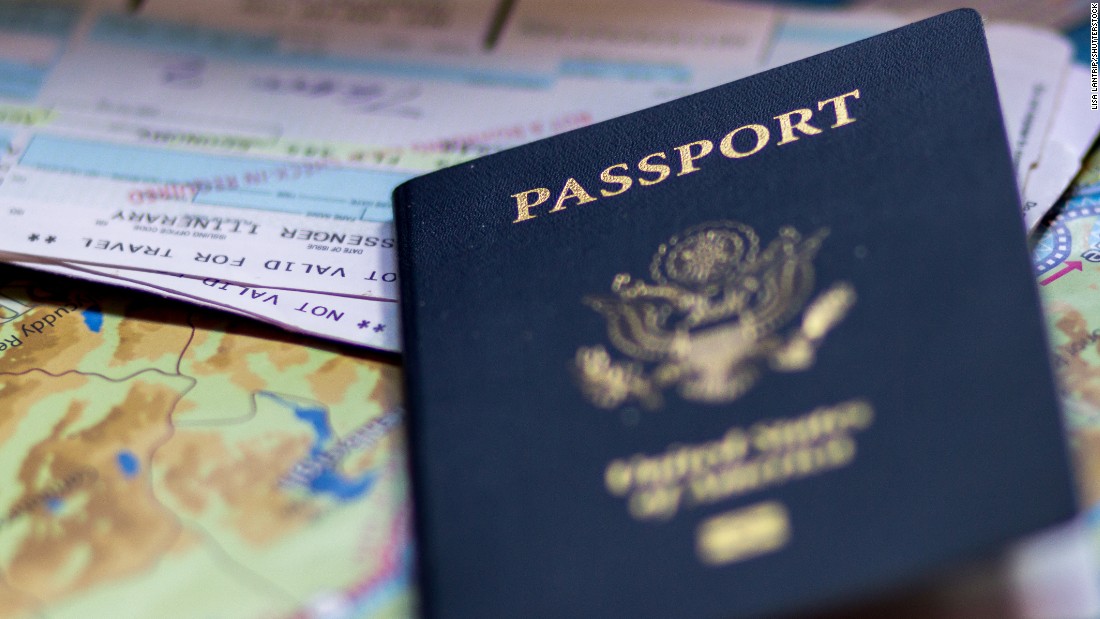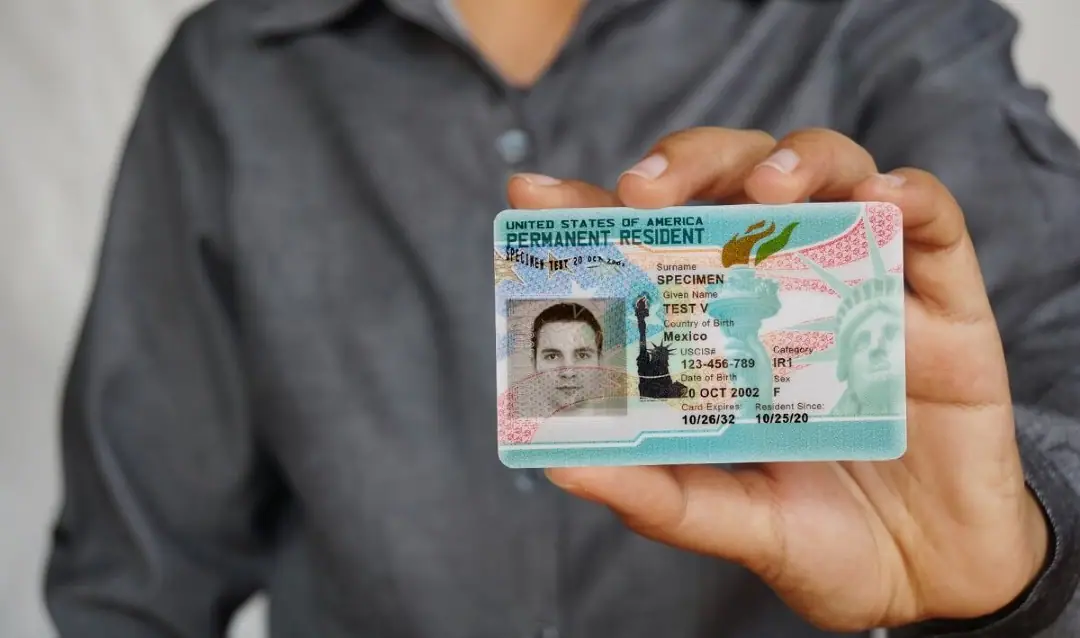When traveling to or from the United States, immigrants and non-immigrants alike need to be aware of the travel restrictions and requirements related to their immigration status. Failure to comply with these restrictions can lead to denied entry, delays, or even removal from the country. Being informed and prepared can help ensure smooth travel.
Documents Required for Entry to the U.S.
All foreign nationals arriving in the U.S. are required to present certain documents upon arrival. The most basic requirements are a valid passport and visa, if applicable. Travelers may also need to provide additional proof of their immigration status, the purpose and duration of their trip, and evidence of financial support or ties to their home country.
For example, visa holders may need to present the original approval notice from U.S. Citizenship and Immigration Services (USCIS). Refugees need to carry their I-94 arrival/departure record. Students should carry evidence of enrollment and financial support. Additional documents may be required in certain situations.
Restrictions Based on Immigration Status
Some of the main travel restrictions relate to the immigrant’s current status.
Lawful permanent residents (green card holders) can freely travel in and out of the U.S. However, if they stay abroad for longer than 6 months to a year, they risk abandoning their permanent resident status.
Refugees and asylees cannot travel back to the country they fled persecution from. Doing so may impact their status and eligibility to naturalize.
Non-immigrants like students and temporary workers usually must maintain their status by not overstaying the period authorized on their visa. They can face bars on re-entry if they accrue too much unlawful presence in the U.S.
Undocumented immigrants face the most travel challenges. They cannot legally re-enter the U.S. without a visa or permanent resident status. Traveling abroad requires applying for a waiver of their 3- or 10-year bar from re-entry.
Travel Restrictions for Immigrants with Criminal Issues
Immigrants with certain criminal convictions also face travel restrictions entering or leaving the U.S.
Convictions for “crimes involving moral turpitude,” drug offenses, multiple crimes, and aggravated felonies can make an immigrant inadmissible to the U.S. and ineligible for a visa. Anyone with a criminal record should consult an immigration attorney before traveling abroad.
The U.S. government also restricts air travel entry for non-citizens on terrorist watch lists. Their visa and ESTA approvals can be revoked.
Other Immigration Travel Barriers
Travel restrictions unrelated to immigration status also apply in some cases. Individuals with certain contagious diseases, physical or mental disorders, drug abuse/addiction, or other health-related issues may be deemed inadmissible.
Outstanding tax obligations, failure to register for Selective Service (for males ages 18-25), or past immigration violations can also bar re-entry until resolved.
In conclusion, immigrants attempting to enter or leave the U.S. need to be fully aware of the travel limitations and documentary requirements pertaining to their specific situation. Consulting with an immigration attorney and closely following the rules can help avoid problems.







